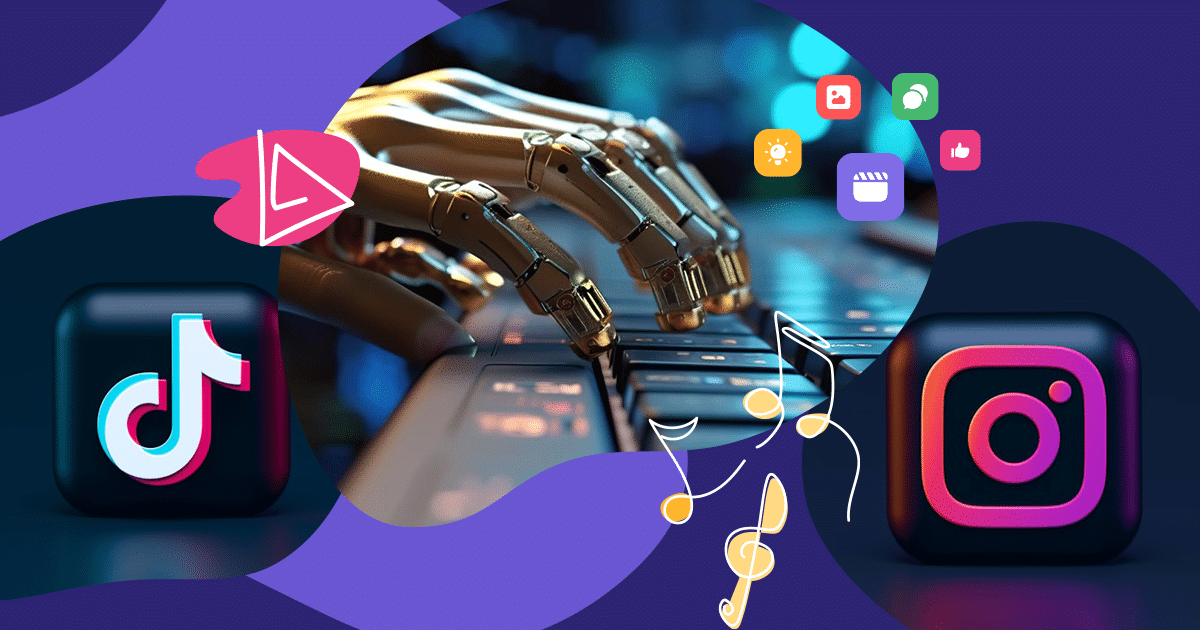As search engines like Google, Bing, Facebook and Pinterest increasingly use artificial intelligence (AI) to surface the most relevant content and ensure advertisements don’t appear next to objectionable content, it’s clear AI still has a lot to learn.
But even as AI gets better, what does more AI-based content surveillance mean for brands and marketers? And will it really surface the best content and resolve advertisers’ recent concerns about ad placements alongside objectionable content?
For one thing, experts say reliance on AI may possibly create even more algorithmic hurdles for search marketers.
However, Yulia Khansvyarova, head of digital marketing at SEMrush, said whether the situation gets better or worse for a given brand depends on pre-existing attitudes toward that brand.
“There is nothing to fear if most mentions of the brand are positive,” she said. “What can be said is that with the increase of AI usage by Google, it will be much harder to change users’ general attitude towards the brand – no matter how positive or negative it is.”
At the same time, she noted we still don’t know exactly how Google evaluates content quality.
“We were told that we have to create user-friendly content that gets shared and that behavioral factors are playing a large role in content ranking. What changes will come along with [AI]? It depends on the area where AI will be used and the scope of its usage,” Khansvyarova said. “Will behavioral patterns be considered as input variables for machine learning algorithms? Or will [AI] be used mainly for natural language processing tasks? For example, today, one of the most well-known cases of AI implementation by Google is [machine learning technology] RankBrain and RankBrain is used to find semantically related words and is based on algorithms similar to word2vec.”
And according to Flynn Zaiger, CEO of digital marketing agency Online Optimism, what makes AI different from previous algorithm changes is that it has the ability to change far more quickly.
“Machine learning should put the changes at the approval and behest of code, rather than search quality teams,” Zaiger said. “Therefore, digital marketers that specialize in search will have to pay far more attention to their portfolio of websites to notice updates day to day.”
And then there are the politics of search engines accepting third party content and placing brand content next to it without accepting any responsibility because they didn’t create it. One search industry insider used the example of a video that talks about Hitler being a nice guy, as well as about the hand cream he used, which could end up with pre-roll from Johnson & Johnson. That isn’t good for the brand, but Google could arguably claim relevancy because Johnson & Johnson makes hand cream.
In fact, one lesson from the YouTube ad boycott could be programmatic/AI still present dangers because, as the New York Times noted, AI still doesn’t understand context and what distinguishes good and bad content, as we have seen in recent weeks.
Zaiger, too, said AI will continue to have issues until it gets perfected, which may take years – if it ever happens at all.
“Therefore, monitoring and reporting of these situations to keep your ads where you want them will be necessary for a while,” he said. “That being said, since AI can cause widespread changes system-wide, it will offer agencies who manage clients in a variety of industries an advantage since they maybe notice the issue first and can adjust faster.”
Similarly, John Caiozzo, senior SEO analyst at SEO agency SEO Inc., said increased use of AI means it’s even more critical for brands to keep an eye out for negative mentions and content.
“Google has always seemed to rank and prefer negative content and news around a brand. One of the reasons for this is the viral nature of the content and the engagement it generates making the result unique and relevant to the brand,” he said. “There is no guarantee that AI will deliver the right content to the right person at the time. One example of this right now is Google’s featured snippet, [which] often returns questionable results from questionable sources, like [one] example where apparently, Obama was planning a communist coup.”
Further, Caiozzo said in such cases where featured snippets have returned bad results, Google has been quick to take action and correct or remove the featured snippet, but it is impossible for Google to police them all. In such cases, all brands can do is notify Google and hope it is fixed in a timely manner.
“Hopefully in the future, Google will be able to refine its algorithms and AI to serve more true and reliable results but this is not guaranteed and it will likely still be possible to proliferate false information about a brand or person,” he added.
However, Khansvyarova pointed out Google uses different approaches for ranking organic and paid content.
“As for paid ads and ad relevance, I’m sure the situation will change for the better and users will get the right content at the right time and in the right place because paid content, compared to organic, has a really significant advantage in terms of [AI] and machine learning. The advantage is a clearly defined goal and action,” she added.
That’s because AI needs clear definitions and paid content can deliver. And if the algorithms used to find audiences that are similar to a brand’s customers don’t work smoothly, advertisers will lose money, which will lead to ad budgets being decreased and a reduction in Google’s income.
“Google can’t afford this, so I guess personalization and relevant content delivery will increase,” Khansvyarova said.
Zaiger, too, is optimistic algorithms will become better judges of semantics and place content more appropriately over the long term.
“At that point, though, it’s a matter of whether objectionable content can adjust as fast as the AI,” he said. “[Considering] that it’s been years since I’ve seen an adult site slip through Google’s SafeSearch, I doubt they will.”

2024 State of Marketing Report
Your golden ticket to crush your goals with data-driven insights!
2024 State of Marketing Report
Your golden ticket to crush your goals with data-driven insights!
![[Rock NA] State of Marketing Reports 2024 – Comkt Hubspot State of Marketing Report 2024](https://rockcontent.com/wp-content/uploads/2022/07/Banner-Fino-Rock-Convert-2500-%C3%97-500-px-19.png)






